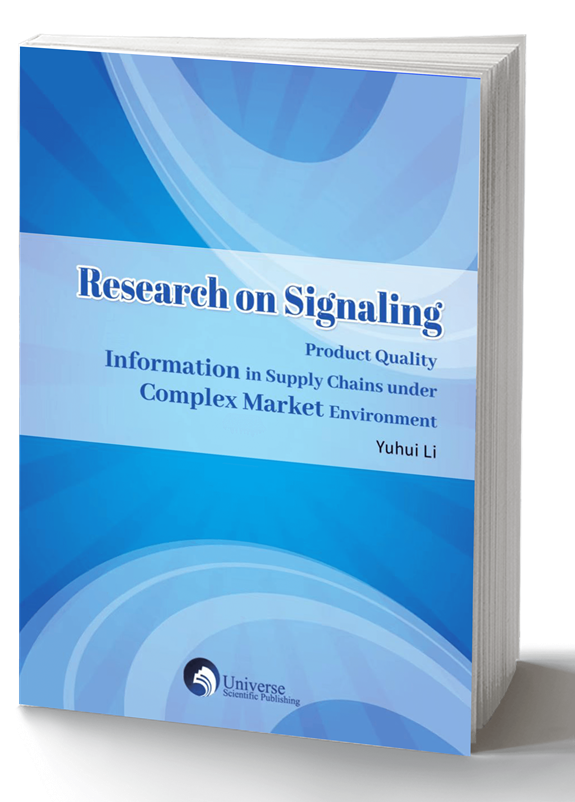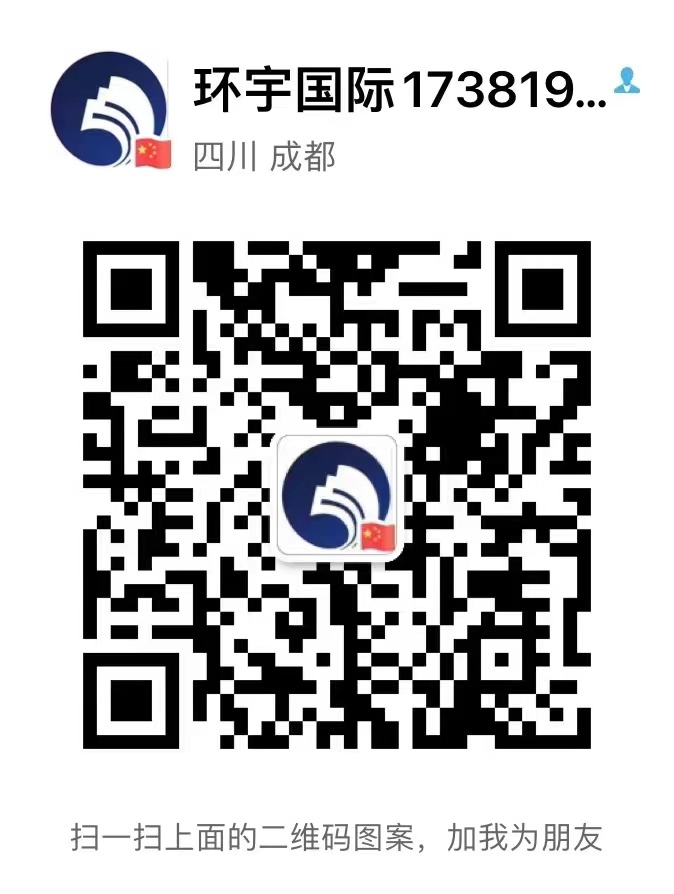圖書(shū)介紹
內(nèi)容簡介
With the rapid development of supply chain collaboration,information sharing has become an important topic in the field of supply chain management, and attracted wide attention from practitioners to the academia. Since information sharing in supply chain can effectively alleviate the bullwhip effect and improve the efficiency of supply chains, the value of information sharing has been recognized widely. Usually, information sharing can be achieved in a direct way or in an indirect way. At present, direct information sharing has been fully studied, but for indirect information sharing, it is still in its infancy. The existing literature mainly focuses on the sharing of downstream demand information, while less attention is paid to product quality information of upstream core firms. In fact, on the one hand, downstream firms have the motivation to acquire quality information of upstream products so as to avoid the risk conduction effect caused by upstream product quality accidents; on the other hand, under the information-asymmetry conditions, a high-quality firm also has the motivation to disclosure private information quality, aiming at improving consumers’ product quality belief to promote the market demand and maximize its profit. It is well known that direct information sharing depends on the hardware systems with information collection and information transmission such as EDI or POS, while indirect information sharing is more concerned with the choice of signaling tools. Taking corporate social responsibility (CSR) choice as a signaling tool, this paper focuses on the question of hovw a firm in supply chain indirectly shares the product quality information. Specifically, this work first constructs a basic signaling model of the product quality information in supply chains, investigates the characteristics of CSR behaviors that can convey product quality information, and depicts the CSR level with the most signaling efficiency. Then this work extends the basic model to the case of various market environments, examines the feasibility of indirectly sharing quality information via CSR strategy, and studies the effects of the corresponding exogenous variables on the above characteristics and level of CSR behavior, and the profitability of supply chain firms.
作(zuò)者簡介
This work was supported by the Guangxi Science and Technology Base and Talent Program (No.AD19245100), the Guangxi Key Laboratory of Cryptography and Information Security (No.GCIS201818), the Foundation of Social Science and Humanity, China Ministry of Education (20YJC630020, 21XJA630009), the National Natural Science Foundation of China (72002094, 72161006).
目 錄
CHAPTER 1 INTRODUCTION
1.1 R ESEARCH BACKGROUND AND MOTIVATION
1.2 R ESEARCH QUESTION
1.3 R ESEARCH CONTENT
1.4 M EANING AND INNOVATION OF RESEARCH
CHAPTER 2 LITERATURE REVIEW
2.1 R ESEARCH ON PRODUCT QUALITY SIGNAL
2.2 I NFORMATION SHARING IN SUPPLY CHAIN
2.3 R ESEARCH ON CORPORATE SOCIAL RESPONSIBILITY
2.4 S UMMARY OF THIS CHAPTER
CHAPTER 3 SIGNALING UPSTREAM PRODUCT QUALITY INFORMATION VIA CSR CHOICE
3.1 T HE MODEL
3.2 B ENCHMARK MODEL : I NFORMATION - SYMMETRIC CASE
3.3 M ODEL ANALYSIS : I NFORMATION - ASYMMETRIC CASE
3.4 C OMPARATIVE STATIC ANALYSIS OF SEPARATING EQUILIBRIUM
3.6 N UMERICAL ANALYSIS
3.7 C ONCLUSION OF THIS CHAPTER
CHAPTER 4 SIGNALING UPSTREAM QUALITY INFORMATION VIA CSR UNDER THE CONDITION OF INFORMED CONSUMERS
4.1 T HE MODEL
4.2 B ENCHMARK MODEL : I NFORMATION - SYMMETRIC CASE
4.3 M ODEL ANALYSIS : I NFORMATION - ASYMMETRIC CASE
4.4 N UMERICAL ANALYSIS
4.5 D ISCUSSION
4.6 C ONCLUSIONS
CHAPTER 5 SIGNALING UPSTREAM QUALITY INFORMATION CONSIDERING CSR PREFERENCE
5.1 M ODEL DESCRIPTION
5.2 E QUILIBRIUM STRATEGY UNDER SYMMETRIC INFORMATION
5.3 S EPARATION EQUILIBRIUM IN ASYMMETRIC INFORMATION SITUATION
5.4 S UMMARY OF THIS CHAPTER
CHAPTER 6 SIGNALING QUALITY INFORMATION IN DUAL-CHANNEL SUPPLY CHAINS
6.1 M ODEL DESCRIPTION
6.2 E QUILIBRIUMS IN THE CASE OF INFORMATION SYMMETRY
6.3 S EPARATION EQUILIBRIUMS IN THE CASE OF ASYMMETRIC INFORMATION
6.4 S UMMARY OF THIS CHAPTER
CHAPTER 7 BILATERALLY SIGNALING QUALITY INFORMATION IN SUPPLY CHAIN IN THREE-LAYER SUPPLY CHAIN
7.1 P RICE SIGNAL MODEL
7.2 CSR-P RICE SIGNAL GAME MODEL
7.3 S ELECTION STRATEGY OF TWO SIGNAL MEANS
7.4 S UMMARY OF THIS CHAPTER
CHAPTER 8 THE SUMMARY AND RESEARCH PROSPECT
8.1 T HE SUMMARY
8.2 R ESEARCH PROSPECT
REFERENCES










